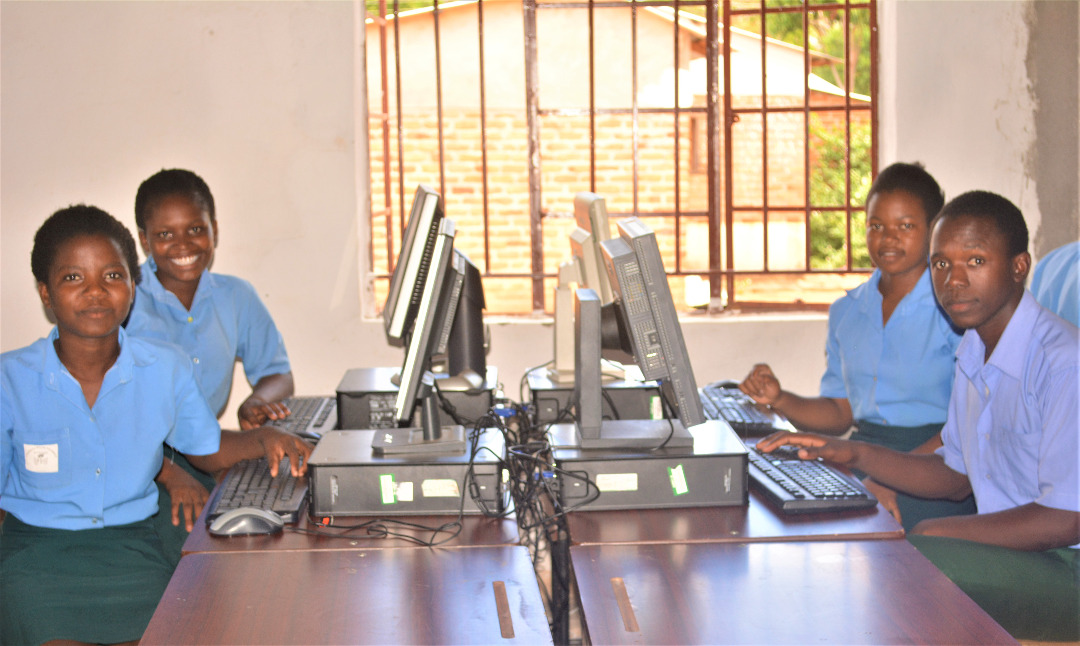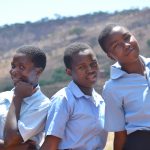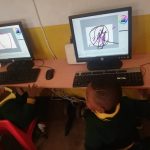INTERNATIONAL EDUCATION DAY 2020

In 2018, the General Assembly of the United Nations passed a resolution that proclaims 24 January as international Education Day to celebrate the role of education in development, bridging the poverty gap and reversing inequality.
This year’s focus is on ‘education as humanity’s greatest renewable resource’, and celebrates how learning can empower people, build shared prosperity and foster peace and development.
Education the core of the Sustainable Development Goals
Education is at the heart of the Sustainable Development Goals. We need education to reduce inequalities and improve health. We need education to achieve gender equality and eliminate child marriage. We need education to protect the environment and combat climate change. And we need education to end hunger and promote peace and development.
Yet at least 11% of children of official primary school ages are out of school in Malawi, Based on educational attainment of 15 – 24 year old’s in 2010, 5% received no education at all, 57% failed to complete primary school, 11% studied until the end of primary school, 19% attended secondary school but failed to complete their secondary education, 7% completed secondary education and 1% studied beyond secondary level.
This is a violation of their human right to education. The world cannot afford a generation of children and young people who lack the skills they need to compete in the 21st century economy.
Our commitment to Education
At Centre for Youth and Development, we are committed to promoting education. This year’s theme ‘education as humanity’s greatest renewable resource’, aligns with our mission of supporting children, youth and women to develop to their fullest potential – there is no other better way than access to equitable, quality, relevant and meaningful education.
We take pride in the work we do with our partners:
Notably the Improving Access to ICT program which is providing schools in Malawi with access to ICTs, as tools for teaching and learning and ICT skills needed for one to compete in the 21st century economy. The #demstifyingperiods initiative on the other hand address challenges around menstrual hygiene, the taboos through providing health education and access to reusable sanitary kits for girls to remain in school and complete their education.
We call for prioritization of education as a public good; support it with cooperation, partnerships and funding; and recognize that leaving no one behind starts with education

 Previous Post
Previous Post Next Post
Next Post